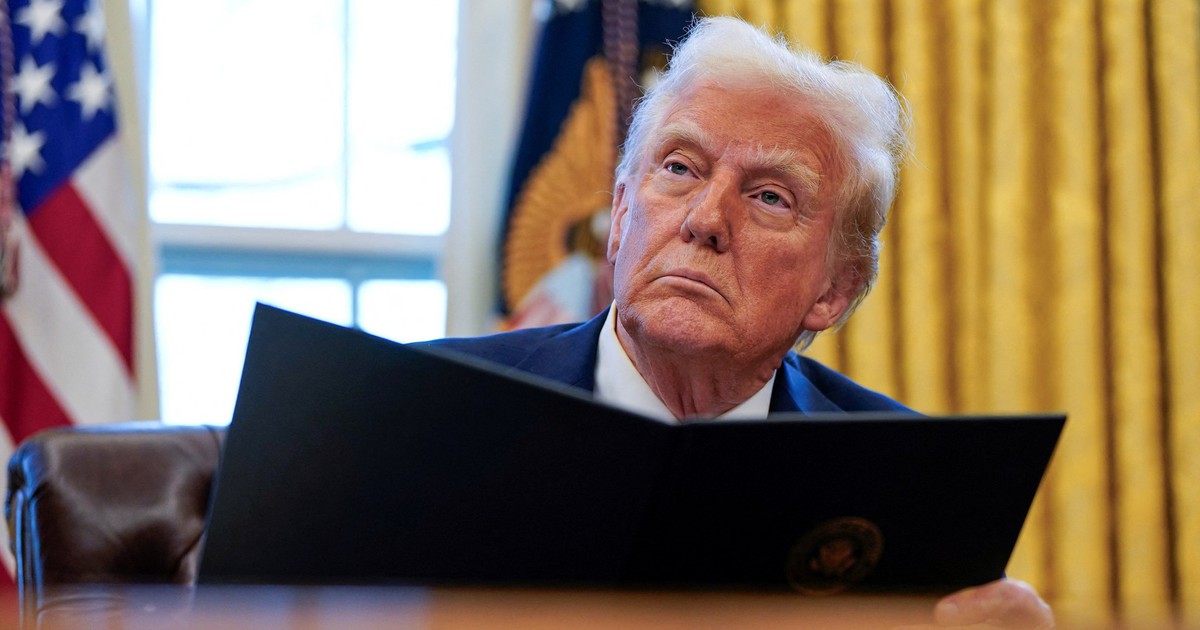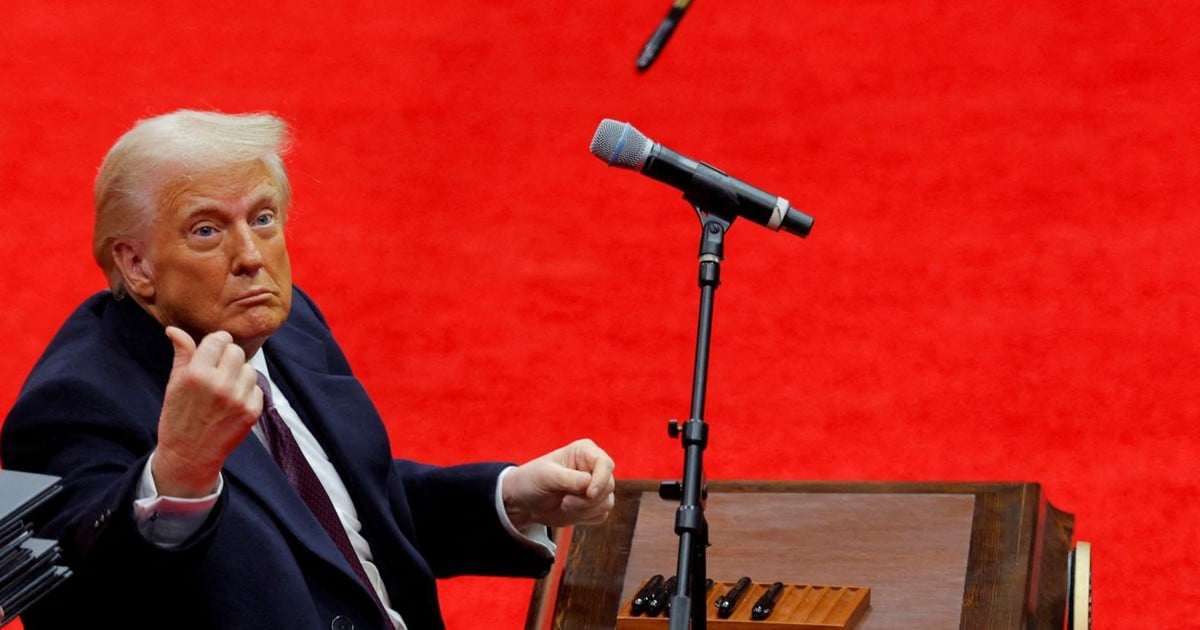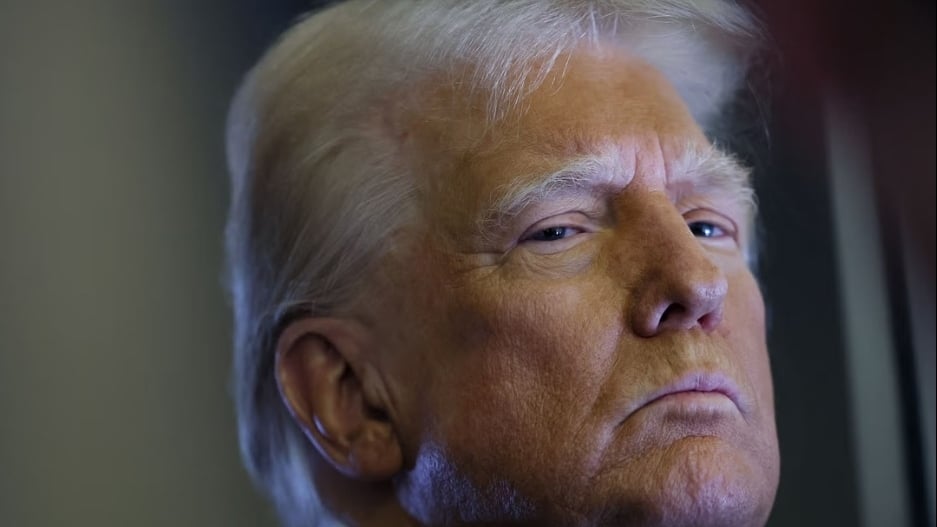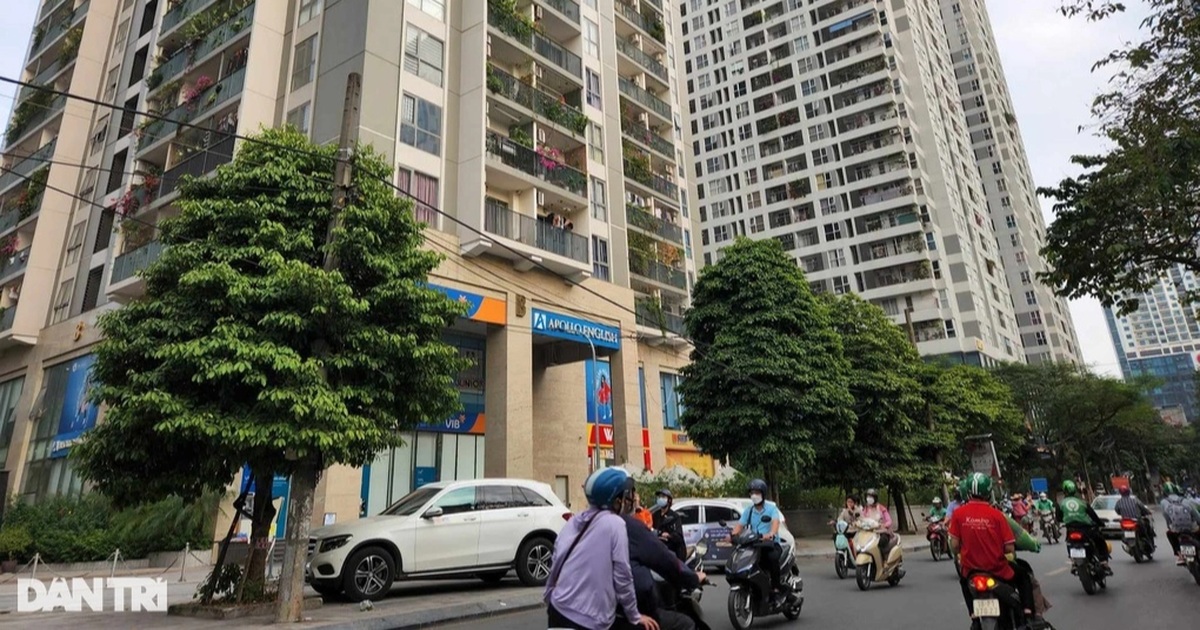
A person uses the Shopee app to shop online (Photo: Shutterstock).
The tax is intended to level the playing field for local businesses competing with cheap imports, officials said. Products produced domestically are currently subject to a 6% sales and services tax.
Local business associations have praised the move.
The Malaysian Small and Medium Enterprises Association - which has more than 3,500 members - said the tax would help local businesses compete while also increasing tax revenue for Malaysia, which in turn would support the depreciating ringgit.
“While local retailers pay taxes at various points in the supply chain, we are being undercut by foreign sellers and local dropshippers, most of whom have not paid product taxes to Malaysia,” association president William Ng said in December 2023.
But local consumers are not happy, with many saying the tax will add to the burden on people already struggling with high living costs. The Malaysian government is also set to raise its sales and services tax (SST) to 8%, up 2 percentage points, in March.
Some politicians and analysts have also expressed concerns about the impact of the tax on low- and middle-income consumers. Barisan Nasional lawmaker Wee Ka Siong said the tax would burden the poor.

A woman in Malaysia looks at cosmetics. Malaysian consumers will face higher taxes this year as the government seeks to meet fiscal targets (Photo: Shutterstock).
Purpose of tax increase
The LVG tax - which applies to a wide range of items from cosmetics to knick-knacks and household goods sold online - is estimated to generate $43 million in annual government revenue.
“The LVG tax will have little impact on Malaysia’s online market other than to disadvantage consumers by artificially pushing up prices,” Geoffrey Williams, an economist at the Malaysia University of Science and Technology, told SCMP .
However, the Malaysian government still needs to increase revenue to meet its fiscal targets, including narrowing the budget deficit to 4.3% of GDP this year, said Mohd Afzanizam Abdul Rashid, chief economist at Bank Muamalat.
In October 2023, the government said it expected to collect about $645 million more annually after increasing the SST by 2 percentage points.
“So higher taxes and cost cutting are the means to achieve those goals,” Mohd Afzanizam told SCMP .
Source






















































Comment (0)